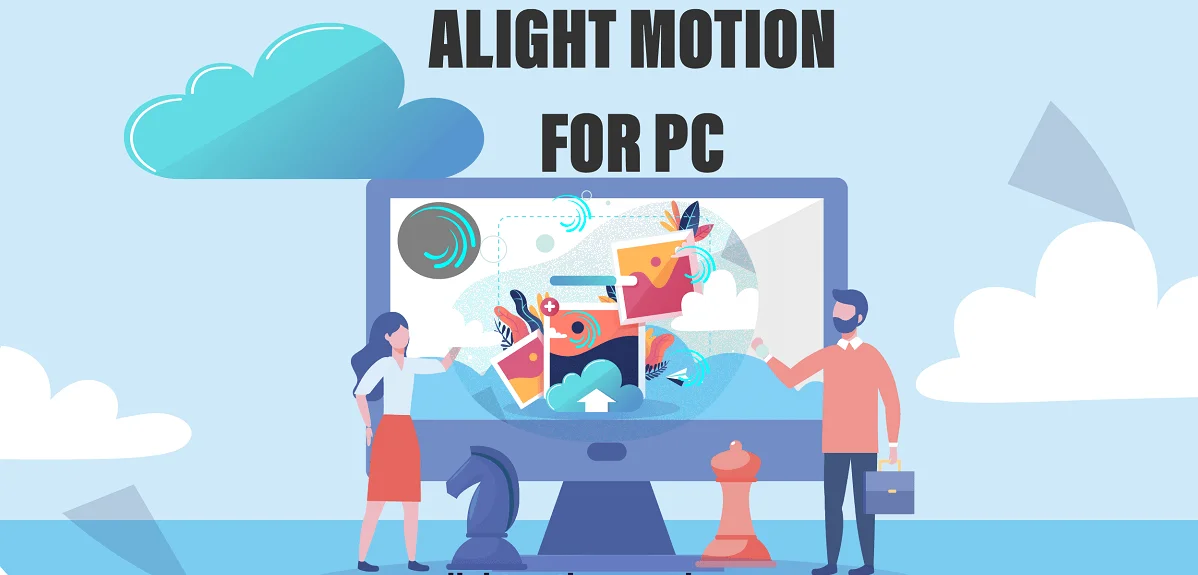Your cart is currently empty!

U.S. State Department Plans $400 Million Contract for Armored EVs Amid Musk Conflict of Interest Concerns
$400 Million Contract: The U.S. State Department has announced a groundbreaking initiative to allocate $400 million toward the acquisition of armored electric vehicles from Tesla, signifying a major step in integrating sustainable technology into government operations. This deal, which stands as the largest electric vehicle contract planned for 2025, underscores the growing reliance on EV…
$400 Million Contract: The U.S. State Department has announced a groundbreaking initiative to allocate $400 million toward the acquisition of armored electric vehicles from Tesla, signifying a major step in integrating sustainable technology into government operations. This deal, which stands as the largest electric vehicle contract planned for 2025, underscores the growing reliance on EV technology for official and security purposes.
The five-year agreement is still in the planning phase but has already been highlighted in the government’s procurement forecast for the upcoming year. The decision to invest in Tesla’s electric vehicles, including the Cyber truck and other armored models, reflects a shift toward reducing carbon emissions in federal fleets while ensuring advanced security features for government personnel.
This move is expected to drive further innovation in electric vehicle durability, protection mechanisms, and high-performance capabilities, as Tesla continues to position itself as a leader in both consumer and commercial EV markets. The contract, if finalized, will set a precedent for future government adoption of electric and sustainable transportation solutions, making it a significant milestone in the ongoing transition away from traditional gas-powered armored vehicles.
Table of Contents
Contract Details
Initially, the procurement forecast specified the purchase of “armored” Tesla’s. However, following public scrutiny, the document was amended to describe the acquisition as being for “armored electric vehicles,” omitting direct reference to Tesla. The exact models intended for armoring have not been disclosed.
Conflict of Interest Concerns
Critics have raised concerns about a potential conflict of interest, given Elon Musk’s influential role within the federal government. As the head of the Department of Government Efficiency (DOGE) under the Trump administration, Musk has been instrumental in implementing significant budget cuts across various federal agencies. Simultaneously, his companies, notably Tesla and SpaceX, continue to secure substantial government contracts.
Richard Painter, a former White House ethics adviser, expressed skepticism about the contract’s alignment with government efficiency goals. Attorney Tristan Snell also criticized the perceived contradiction between Musk’s cost-cutting initiatives and the substantial contract awarded to his company.
Musk’s Response
In a recent press conference alongside President Trump, Musk addressed questions regarding potential conflicts of interest. He emphasized that individual contracts are managed by respective teams within his companies, distancing himself from direct involvement in the procurement process.
Public and Political Reactions
The announcement has ignited a broader debate about the ethical implications of government contracts awarded to companies led by individuals holding influential governmental positions. Critics argue that such arrangements may undermine public trust in the government’s commitment to impartiality and fiscal responsibility.
FAQ
What is the value and duration of the State Department’s contract with Tesla?
The contract is valued at $400 million and spans five years, focusing on the procurement of armored electric vehicles.
Why are there concerns about a conflict of interest?
Elon Musk’s dual role as a federal government advisor and CEO of companies receiving substantial government contracts has raised questions about potential conflicts between his public duties and private interests.
How has the State Department responded to these concerns?
As of now, the State Department has not issued a public response addressing the conflict of interest allegations related to this contract.
What changes were made to the procurement document?
The procurement forecast was revised to replace the term “armored Tesla’s” with “armored electric vehicles,” removing direct reference to Tesla.
How does this contract align with Musk’s role in government efficiency?
Critics argue that awarding a substantial contract to Musk’s company while he leads government efficiency initiatives presents a contradiction, potentially undermining efforts to reduce federal spend.


